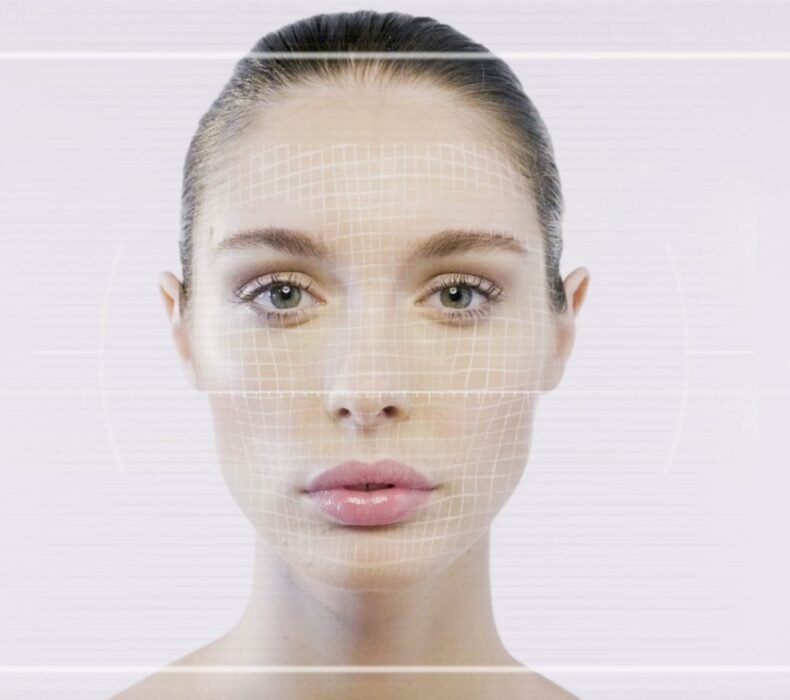In today’s digital age, the beauty industry is undergoing a profound transformation, largely propelled by innovative technologies. Virtual makeup software and AI-driven skin analysis have emerged as pivotal elements revolutionizing the way we perceive and engage with beauty products. These advancements are not only reshaping consumer experiences but also redefining the very essence of beauty technology.
The beauty industry has always thrived on innovation and creativity, constantly pushing the boundaries to enhance consumer experiences. With the advent of technology, particularly the integration of artificial intelligence, the landscape of beauty tech has witnessed a monumental shift. This blog aims to unravel the intricate workings of online makeup software, particularly focusing on its integration with AI, and how it’s transforming the beauty industry.
Understanding Online Makeup Software
Online makeup software represents a paradigm shift from traditional makeup methods to digital solutions. It encompasses a wide array of functionalities designed to enhance user experiences, offering features such as virtual try-ons, personalized makeup recommendations, and skin tone matching. Gone are the days of physical trials in stores; now, individuals can virtually explore and experiment with various makeup looks from the comfort of their homes.
The integration of AI has been instrumental in refining these software applications. AI-powered algorithms analyze facial features, skin tones, and textures, enabling accurate virtual try-ons and precise makeup recommendations. It’s not merely about applying makeup virtually; it’s about personalization and customization tailored to individual preferences and characteristics.
The Impact of AI in Beauty Technology
AI’s role in beauty technology goes beyond superficial enhancements; it deeply influences user experiences and brand-consumer interactions. The implementation of AI skin analysis helps users understand their skin better, providing insights into specific concerns and suggesting suitable products or routines. This personalized approach fosters a deeper connection between consumers and beauty brands, enhancing trust and loyalty.
Moreover, AI algorithms continually learn and adapt based on user interactions, enabling these software platforms to deliver increasingly accurate and relevant recommendations. Virtual makeup software becomes an interactive tool that not only assists in makeup trials but also educates users about products suitable for their unique skin types and tones.
Advantages and Innovations Enabled by AI-Powered Makeup Software
The infusion of AI into makeup software has unlocked numerous advantages and innovations. Customization and personalization are at the forefront, allowing users to create tailored makeup looks that align with their preferences. Furthermore, AI-driven software contributes to addressing diversity and inclusivity in beauty by catering to a wide range of skin tones and types, ensuring that everyone feels represented and valued.
From a business perspective, AI-powered makeup software reshapes marketing strategies. Brands can leverage data collected through these platforms to understand consumer behaviors and preferences better. This data-driven approach enables targeted marketing campaigns and product development, leading to enhanced consumer engagement and satisfaction.
Real-life examples exhibit the efficacy of AI-powered makeup software. Brands have witnessed increased user engagement and sales conversion rates through virtual try-ons and personalized recommendations. These success stories reinforce the transformative impact of AI in reshaping the beauty tech industry.
Challenges and Future Trends
While AI brings immense potential to the beauty tech sphere, it also presents challenges. Ensuring the accuracy and ethical use of AI algorithms remains a critical concern. Striking a balance between providing personalized experiences and respecting user privacy is a challenge that requires continual refinement and ethical considerations.
Looking ahead, the future of AI in beauty technology seems promising. Emerging trends indicate a greater emphasis on augmented reality (AR) integration, enabling even more immersive and realistic virtual makeup experiences. Advancements in AI technology are anticipated to further refine and enhance the accuracy of skin analysis, providing users with unparalleled insights and recommendations.
Conclusion
The integration of AI in online makeup software represents a groundbreaking transformation in the beauty tech industry. From personalized virtual try-ons to AI-driven skin analysis, these technological advancements are reshaping how individuals perceive and interact with beauty products. As technology continues to evolve, the synergy between AI and beauty tech holds the promise of even more innovative and tailored experiences for consumers worldwide. This fusion of technology and beauty is not just a trend; it’s a fundamental shift that’s here to stay, continually revolutionizing the way we approach beauty.



